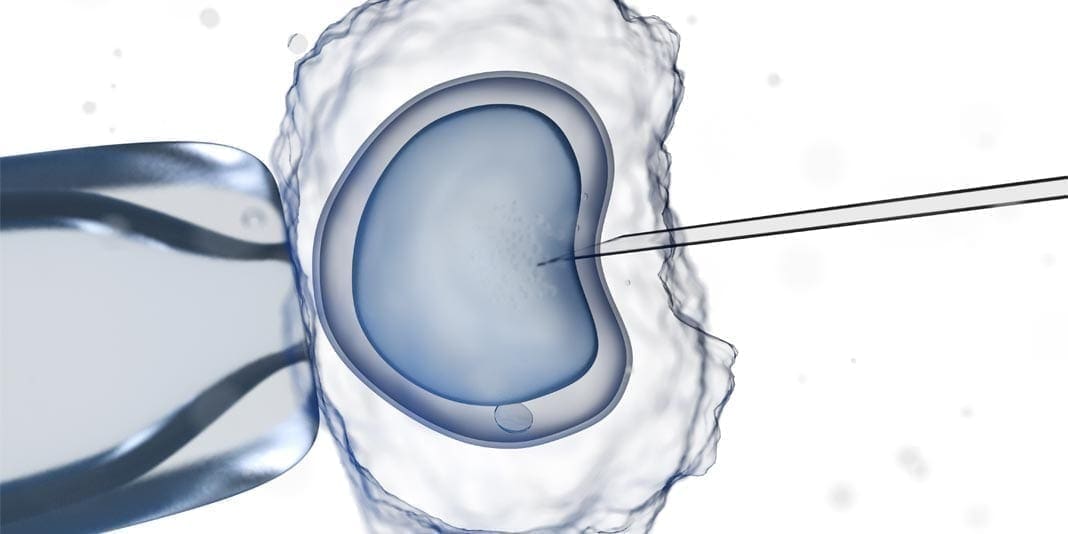Freezing your eggs, otherwise known as oocyte cryopreservation, is a procedure where your ovaries are stimulated to produce multiple eggs. They are then retrieved from the ovaries and kept at subzero temperatures until they are thawed at a later time allowing women to have more control over their pregnancies.
There are dozens of reasons you may consider freezing your eggs. You may be looking to undergo in vitro fertilization, or you want your healthy eggs for later. Whatever the reason, it is a very personal decision and should be discussed in depth between you and your doctor. There are several things you should keep in mind if you are considering it.
It’s Not Cheap
The egg freezing cycle costs between $15,000 to $20,000, depending on where you live. On top of the price of the procedure, you will need to cover the egg’s storage, which can be around $1000 a year. When you would like to use the eggs, you will need to cover the price of in vitro fertilization, which is about $50,000 to $60,000. Before making a choice, check if your insurance covers fertility treatments. Often they have stipulations regarding a need to prove infertility, and this fine print also varies by state. Another option for financial coverage is to discuss a payment plan with your clinic.
The Process Isn’t Quick
You will need to go to the clinic many times over a few weeks. First, you need to make sure you are a candidate for the procedure. This will involve a blood test and an ultrasound. Next, you will need to take synthetic hormones to stimulate your ovaries to grow follicles and medicine that will stop you from ovulating before the retrieval. After another check-up that those all went well, you then need to do self-administered injections to help the eggs mature. Finally, you will have the eggs retrieved at the doctor’s office.
It May Not Work
Since the success rate of freezing a single egg is meager (about 2 to 12%), many doctors advise freezing multiple eggs during the procedure. Unfortunately, age plays a role, and there is more success found with eggs frozen in a woman’s 30s than in their 40s.
Side Effects
Some women will experience cramping, bloating, and spotting after the procedure. Rarely, you can experience ovarian hyperstimulation syndrome (HSS). This can cause pain and nausea, while severe cases can cause blood clots. You may have a higher chance of getting pregnant after retrieval since some eggs may not have been removed. Long-term side effects are not known at the time but could increase your chances of breast cancer.




































